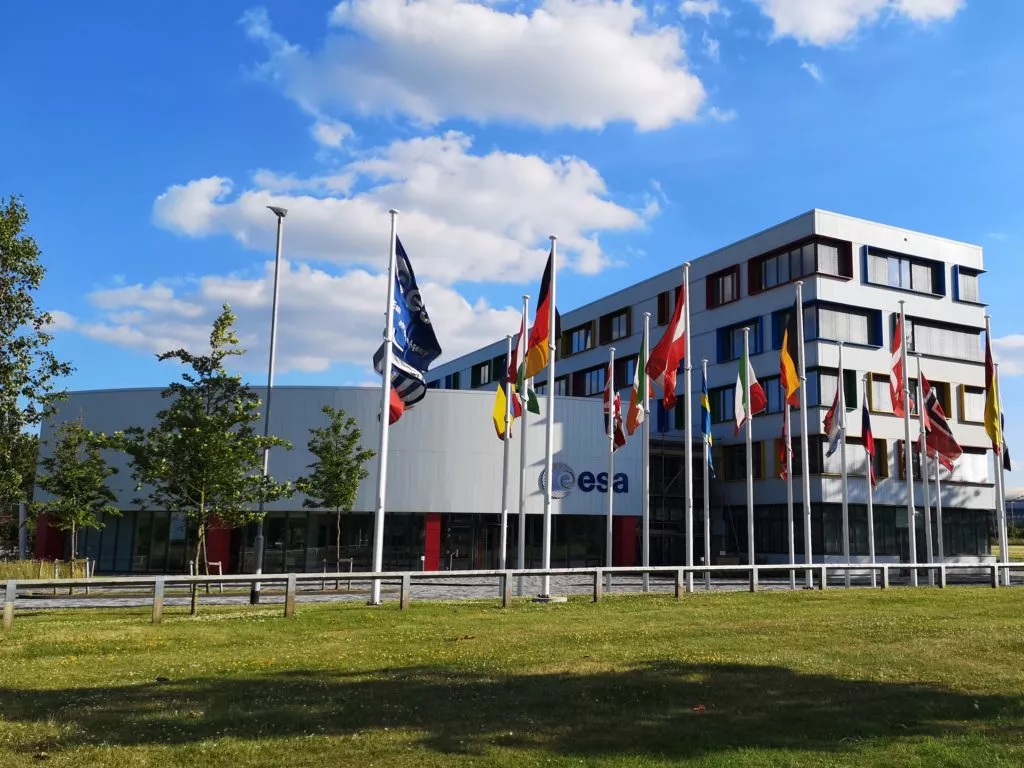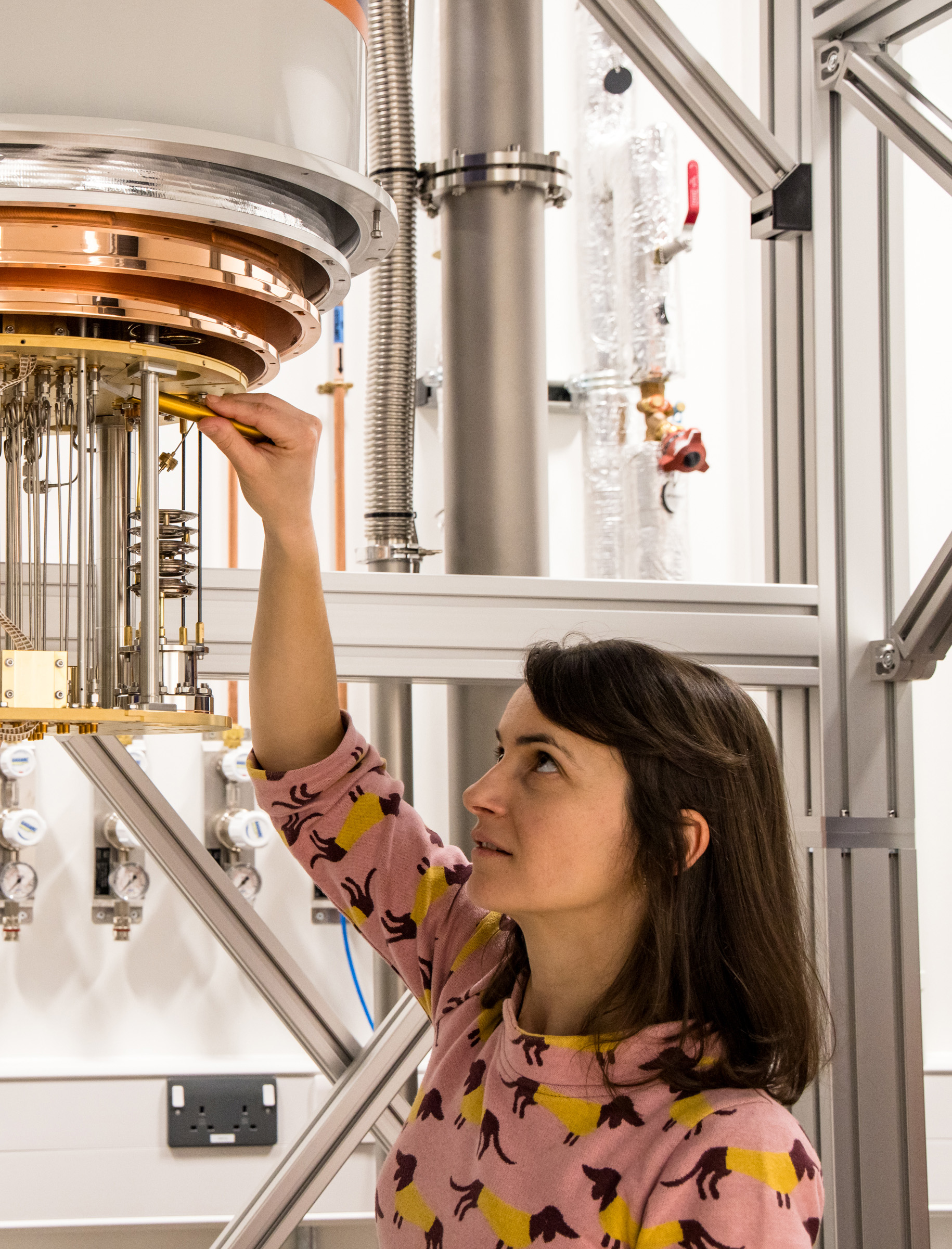
Harwell Space Cluster plays pivotal roll in growth of UK space sector
The UK Space Agency has released its latest assessment of the Size & Health of the UK space sector. Despite the global impacts of the pandemic, over 3,000 UK space jobs were created in one year. The growth of Harwell Space Cluster corroborates this, as at end of 2021 there were 100 space related organisations, which collectively employ 1,400 people (up from 1,100 at the end of 2019).
The report also showed that in line with the UK Government’s commitment to increasing public and private R&D spending, investment in research and development saw a 19% boost to £836 million.
Joanna Hart, Harwell Space Cluster Development Manager said: “Investment into the sector is driving world-leading space research and technology, forging the way for the next generation of space discovery and delivering the space companies of tomorrow. Harwell Space Cluster showcases innovative companies like Oxford Space Systems, Astroscale and Rezatec, highlighting the breadth of capability and world leading expertise within the UK space sector.”
The Harwell Space Cluster is Europe’s most concentrated space cluster with a dynamic range of commercial organisations working alongside public sector stakeholders: European Space Agency, UK Space Agency, the Science and Technology Facilities Council’s RAL Space and the Satellite Applications Catapult. It is the front door for international customers, collaborators, and inward investors to engage with expertise and capability from across the UK space sector.
The report identified that there are now 1,293 space organisations located across the UK, with Scotland responsible for around one fifth of the entire UK space workforce. Employment in the sector grew from 7,703 to 8,440 in Scotland, from 415 to 1,109 in Wales, and from 113 to 431 in Northern Ireland. Spaceports in Scotland, Wales and England are also expected to generate more jobs in the coming years, alongside the growth of regional space clusters, international investment, and emerging technologies such as in-space manufacturing and debris removal, supported by the National Space Strategy.
Science Minister George Freeman said:
“The £16.5 billion space sector is a major contributor to a strong and secure UK economy, and it’s promising to see it generate thousands of new high-skilled jobs in the face of global economic headwinds. We’re backing this innovative and resilient industry through the largest ever increase to R&D spending, which includes a significant uplift to the UK Space Agency’s budget, and the delivery of the UK’s first National Space Strategy.”
The figures published come from the ‘Size and Health of the UK Space Industry 2021’ survey, conducted by BryceTech on behalf of the UK Space Agency.


